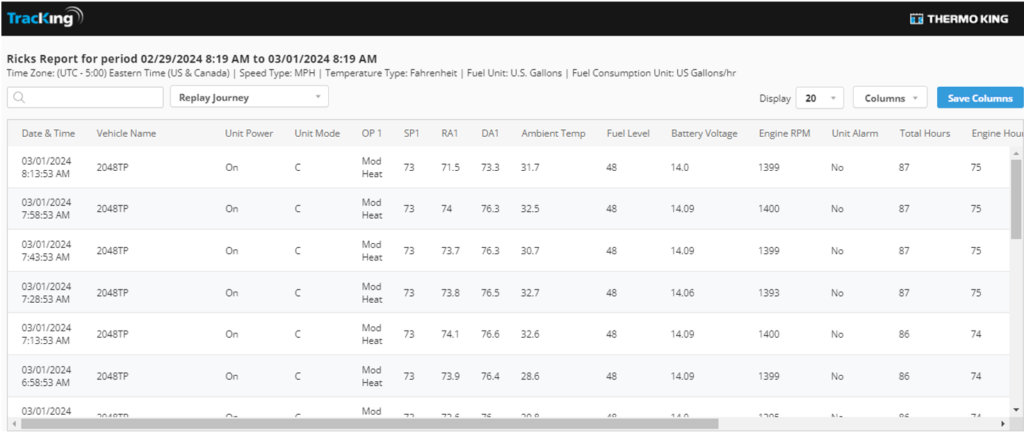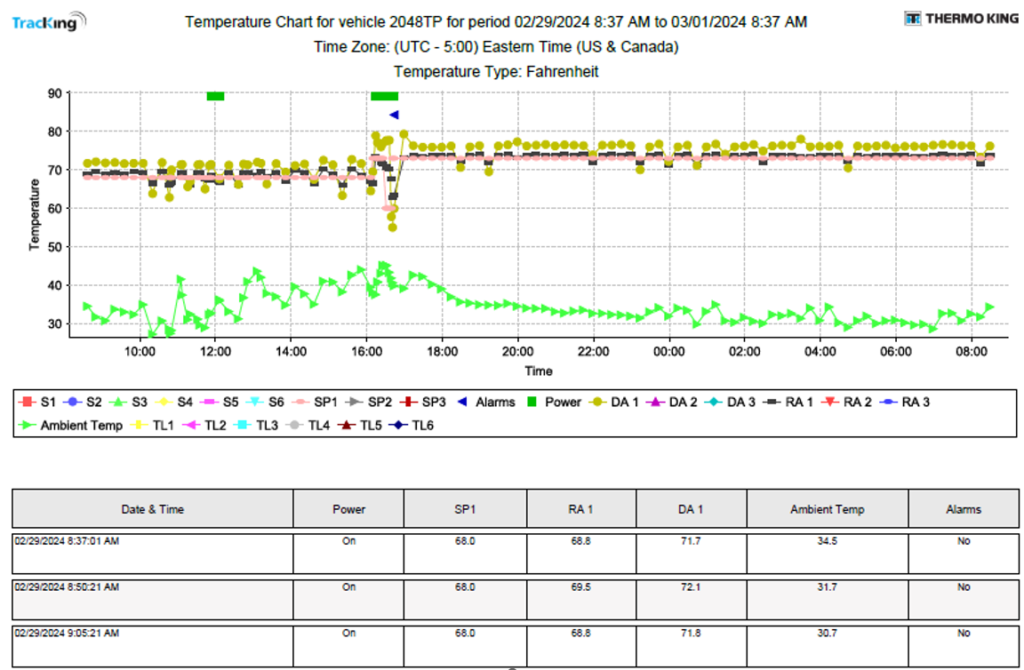New Members List | Membership Change in Status | Automatic Terminations
Welcome new members!
We are pleased to welcome the following 20 new members during the month of April 2024. Here’s a list of who they are:
1000832035 ONTARIO LTD., ON, Canada
ALINE PACKAGING LTD., BC, Canada
CITRUS SAM INC., ON, Canada
EL CHARRO INC., ON, Canada
FRASER VALLEY FARM MARKET INC., BC, Canada
FRESH VEGETABLES ARE S.A. DE C.V., Puebla, Mexico
FRESHFUSION IMPORT INC., ON, Canada
FROBISHER INTERNATIONAL ENTERPRISE LTD., BC, Canada
GARUDA IMPORTS & EXPORTS (A d/b/a of 11924656 Canada Corp.), ON, Canada
JINXIAN GLOBAL FOOD INC., ON, Canada
KALIGA BAZAAR (A d/b/a of 2704097 Ontario Inc.), ON, Canada
NATUS FOODS LLC (Also d/b/a Born Farms), TX, United States
OPERADORA COMERCIAL DATI S DE RL DE CV, Michoacan, Mexico
POC HOLDINGS CORPORATION (Also d/b/a POC Trading), BC, Canada
R&D INTERNATIONAL FOODS CORPORATION, ON, Canada
SHIVANI SALES INC., MB, Canada
SKOTIDAKIS GOAT FARM (A d/b/a of 1048547 Ontario Inc.), ON, Canada
SOAGRO CORP., ON, Canada
SRT TRADING LTD., BC, Canada
TAAMAY EXPORT MEXICO S.A.P. I DE C.V. (Also d/b/a TAAMAY), Ciudad de Mexico, Mexico
To view a complete list of active members, click here.
DRC Membership Change in Status
As of April 30th, 2024 the following organizations no longer hold a DRC membership:
1595645 ONTARIO INC., ON, Canada
AMIRA ENTERPRISES INC / LES ENTREPRISES AMIRA INC., QC, Canada
AVO INTEGRA SAPI DE CV, Michoacan, Mexico
BEDFORD BASIN FARMERS MARKET LTD., NS, Canada
BIMAL PATEL (Also d/b/a SBimal LLC.), CA, United States
BOKHARY FARMS LLC, MA, United States
CAPPADOCIA IMPORT TURKISH FOOD INC., AB, Canada
CARAVAN TRADERS INC., ON, Canada
FRIEDA’S, INC., CA, United States
GROUPE EDEAN LTÉE, QC, Canada
IMAN-DZ LTEE. (Also d/b/a Dattes HN), QC, Canada
J & J PRODUCE INC. (Also d/b/a J & J Family of Farms), FL, United States
JARDINS ST-LÉON GARDENS INC. (Also d/b/a St-Léon Gardens), MB, Canada
JR FRUITS (A d/b/a of 6735525 Canada Inc), QC, Canada
JUS LOOP INC. (Faisant également affaire sous LOOP Mission), QC, Canada
L.T. ENTERPRISES LTD., NB, Canada
LES FERMES YVON BOYER INC., QC, Canada
LES SAVEURS DU TERROIR, QC, Canada
MARAND COMPANY S.A.C., Lima, Peru
SAFIA FRUITS/FRUITS SAFIA (Faisant également affiare sous 93, QC, Canada
SHAHG TRADERS INC. (Also d/b/a ShahG Traders), ON, Canada
SILVA FARMS LLC., CA, United States
SUN FRESH CITRUS LLC, CA, United States
THE FUTURES EXCHANGE LTD. (Also d/b/a Greenhouse-Garlic), ON, Canada
Automatic Terminations
On April 9, 2024, FRESH EXPRESS LTD. was expelled from DRC for failure to meet their financial obligations and failure to provide requested information in violation of section 1.5 of the DRC Trading Standards and section 3.03 of the DRC By-laws. At the time of expulsion Sayed Farid Sadat (Director) was the only responsibly connected persons to this organization.
For details regarding a change in status, please contact the office.
Important note: Following membership termination, the former member remains liable for claims arising prior to their termination if the claim is submitted to DRC by way of a Notice of Dispute within nine (9) months from when the claim arose or within nine (9) months from when the claimant ought reasonably to have known of its existence.
For details regarding a change in status, don’t hesitate to connect with our Helpdesk.
To view a complete list of inactive members, click here.
About the DRC
The DRC is a non-profit membership-based organization whose core work is business-to-business commercial dispute resolution for produce. The DRC is a referee between parties when a purchase and sale do not go according to plan. Members adhere to a common set of trading standards and member responsibilities that promote fair and ethical trading for produce entering the North American marketplace. In Canada, membership in the DRC is a regulatory requirement to trade fresh fruits and vegetables (i.e., buy, sell, import, export) unless accepted by the regulations. Today, the DRC has members in 16 countries outside of North America, and membership continues to grow annually. Anyone exporting fresh fruits and vegetables to Canada must sell to a DRC member.
In addition to the DRC’s Operating Rules and Trading Standards, the DRC offers a comprehensive, tailored suite of tools to build the knowledge and capacity of members to avoid or resolve disputes. The DRC provides education, mediation, and arbitration services, along with the ability to impose sanctions and disciplinary actions on members who do not conduct business in accordance with the terms of their membership agreement.
To date, the DRC has resolved claims in excess of $105 million dollars. Although arbitration is available, 80% of these claims have been settled in an average of 26 days through our informal consultation/mediation services. Arbitration awards are court-enforceable in countries that are signatories to the New York Convention on the Recognition and Enforcement of Foreign Arbitral Awards or subsequent conventions.
For more information about memberships, click here or contact our Helpdesk.






